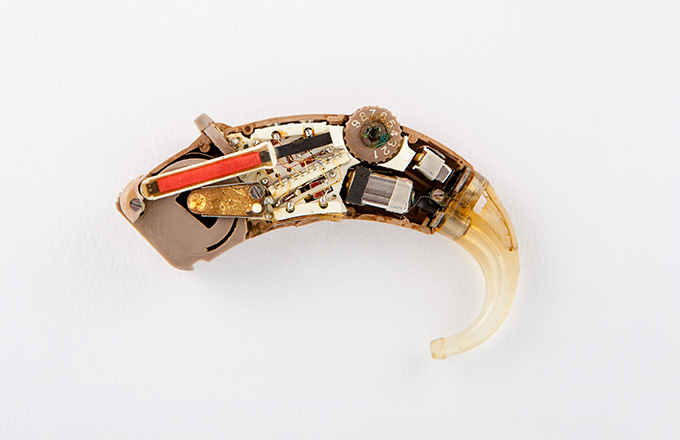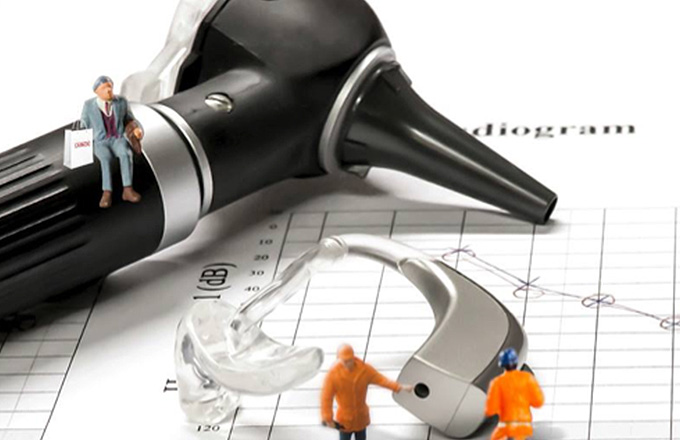Why and when to replace your Hearing Aids?
Maintaining your hearing aids through daily maintenance cleaning and regular technical check-up is extremely important.
Hearing aids typically are used for 3 to 5 years. This doesn’t mean that they suddenly stop working after that time but there are several reasons which make is sensible to replace them at that age.

1. WEAR AND TEAR REDUCED FUNCTIONALITY
Hearing aids commonly are worn 12-16 hours daily, 365 days a year. They are worn directly on the skin having to ward off, sweat (which from one to the next might be quite acidic or alkaline), cosmetics or hair products. All these substances might find its way into the hearing aid through the battery compartment, damage switches or other mechanical components or block and damage microphones. Even if none of this happens, moisture in the form of humidity or condensation, caused by sudden changes in temperature, still could find its way into your hearing aids and cause damage or component deterioration.
Modern hearing aids are nano-coated and have many other systems to protect them from all of the above, but over time, even if these compounds do not damage your hearing aids immediately, they might gradually reduce the effectiveness of your hearing aids it.
This often is a bigger problem than if they suddenly stop altogether. Gradual reduction of the effectiveness might not be noticed and the benefits you are getting from your hearing aids will gradually and unnoticeable be reduced.
Often these problems are only discovered at a routine check-up. That is one of the reason why it is so important that you have your hearing aids checked every 3 months.
2. CANNOT OR NOT ECONOMICAL TO REPAIR ANYMORE
Minor repairs of hearing aids are frequent and quite inexpensive, however, if the main microprocessor gets damaged or its connections corrode, than a repair might cost nearly as much as a new hearing aids.
Manufacturers only keep spare parts for 5 years after a particular model has been discontinued. This means often hearing aids which are older than 5 years cannot be repaired at all due to lack of the original components.


3. NEW TECHNOLOGY
Technology has advanced quickly, from Artificial Intelligence (AI) advanced sensors to better wireless integration, many new features and options will be available over the next few years in hearing aids. Not all will be relevant to all patients but there might be just the one around the corner which will make your life so much easier and your hearing aids so much more beneficial to you.
Keep checking what’s new regularly, but certainly after a 3-5 years or whenever your current hearing aids need repair or your hearing changes.
4. CHANGED HEARING SITUATION
As we age, cochlear sensitivity gradually decreases. Modern hearing aids are very flexible and can be programmed in a myriad of ways, but over 3-5 years changes in your hearing might occur, which require completely different hearing aids. As changes in hearing normally occur very gradually it is very important to re-access your hearing regularly, readjust your hearing aids to reflect your true hearing levels, or get new hearing aids which are more suitable to maintain and improve your hearing. Maintaining optimal auditory input will prevent you from losing valuable central (auditory) abilities which you have regained from your optimally adjusted and current hearing aids.


 Find Us
Find Us